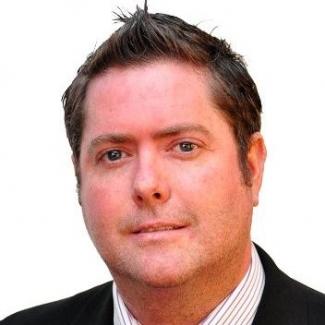Assessing waste management services in Kigali
Kigali is Rwanda's main urban centre and possesses the country’s highest population growth. It is estimated that the city collects 300-350 tonnes of waste per day, all of which is dumped at a single landfill. High growth rates have put pressure on the city's existing waste management services including capacity constraints on the city's landfill and waste collection systems. In addition, rising income levels in Kigali has caused a change in the type of waste, with more inorganic, hazardous, and e-waste being generated.
This changing solid waste profile has the potential to result in environmental hazards, especially when waste is not disposed of in a properly planned or regulated manner. Current inadequacies coupled with changing trends means that the City of Kigali needs to alter its waste management systems to ensure that they are able to deal with its existing population. And, to cater for a future that is likely to see ever-increasing waste volumes.
Devising the most appropriate waste management system depends on a better understanding of how solid waste moves from households to landfills. This study is a first step in bridging this information gap. this work will largely focus on household waste, as opposed to industrial or commercial waste, but this will still offer helpful insights.
The main research goals of this study are:
- Estimating the amount and type of waste that is generated and collected at the household level across Kigali City.
- Estimating the amounts of future household waste based on population projections.
- Understanding how government and private institutions involved with managing waste collection and landfills operate.
- Assessing system revenues and costs.
- Evaluating the disposal operations at the landfill and associated impacts.
This will be achieved by analysing national household surveys and the national census. Also, generating waste flow models based on parameters created by research institutions (such as the World Bank and UN-Habitat), using population projections generated by the IGC, and undertaking key informant interviews with stakeholders in waste collection, management, and disposal.
The aim is to provide clear insights to help the City of Kigali improve the existing waste management infrastructure. This includes better engagement with waste collectors, the identification of critical issues with landfill management and the possibility of consuming waste by-products.




